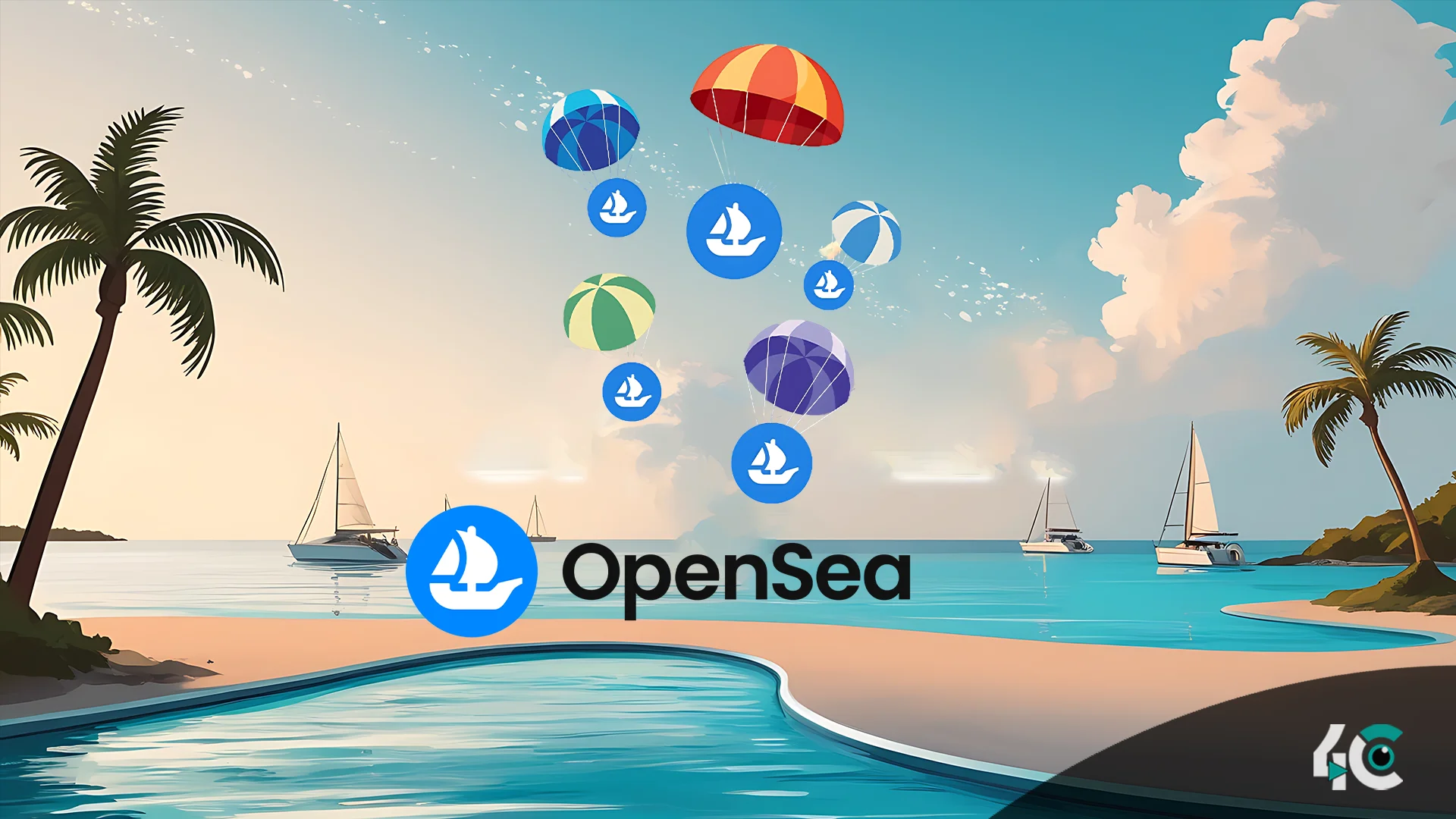OpenSea, a renowned NFT marketplace, has registered in the Cayman Islands, leading to speculation regarding a token launch and airdrop for users. This strategic move comes amid decreased trading volumes and increased competition from platforms such as Blur and Magic Eden.
The news broke when a researcher associated with the Azuki NFT collection tweeted a screenshot of OpenSea’s Cayman registration. This disclosure is consistent with past comments from OpenSea’s CEO, Devin Finzer, regarding modernizing the platform. While Finzer provided little information in November, the community hopes that the registration represents a new phase for the marketplace, maybe involving a long-awaited airdrop.
OpenSea users have long anticipated a token launch, especially considering the success of competitors who used token-based incentives to engage their target audiences. Platforms such as Blur and Magic Eden used token airdrops to reward loyalty and stimulate activity, with Blur’s technique resulting in huge rewards to users. For example, one user reportedly received $11 million via an airdrop in 2023. However, Magic Eden’s attempt was less successful, since its token’s value plummeted due to difficulties with the claiming procedure. The OpenSea community expects the platform would avoid similar difficulties and reward users who contributed during its peak trading seasons in 2021 and 2022, when the NFT market generated billions of dollars in sales.
OpenSea likely registered in the Cayman Islands to take advantage of the jurisdiction’s increasingly attractive crypto-friendly policies for blockchain startups. The region recently amended its Virtual Asset (Service Provider) Act, which establishes clear parameters for cryptocurrency businesses while strengthening anti-money laundering procedures. Nonetheless, OpenSea faces severe regulatory problems in the United States, including monitoring by the Securities and Exchange Commission (SEC). This resulted in a Wells Notice and legal action challenging the classification of NFTs as securities.
Taxation could impact the success of any possible airdrop. Current US legislation considers airdropped tokens or NFTs as taxable income, based on their value at the time of receipt. Any gains from subsequent sales are subject to capital gains taxes, which vary depending on the holding term.
This latest step underscores OpenSea’s efforts to recover its position as the market leader. Despite its early supremacy, the platform has fallen behind competitors in recent months. A token launch, along with incentives for early adopters, could be an effective strategy for regaining momentum and rebuilding its user base. As curiosity persists, the NFT community is keen to see how OpenSea’s Cayman Islands registration will unfold. Whether this action leads to the expected token launch or additional regulatory barriers, it is a significant step in the platform’s quest to redefine its position in the developing NFT market.



































